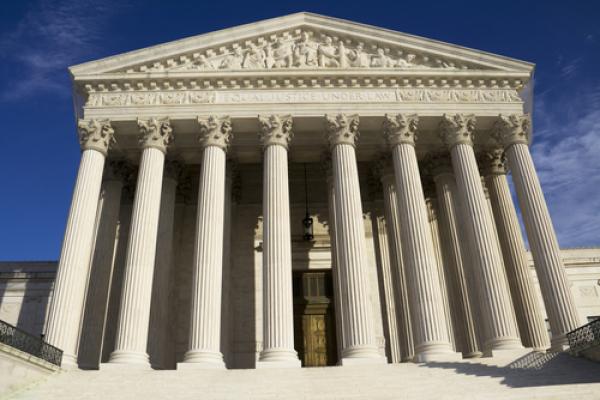Today the Supreme Court struck down three central provisions of Arizona’s controversial anti-immigrant law, SB 1070. Attempts by Arizona to force immigrants to carry identification, create legal penalties for undocumented workers seeking employment, or detain individuals solely based on suspicions about their immigration status were ruled to interfere with the federal government’s right and responsibility to set immigration policy.
The Court let one section, known as 2(B), to stand, which allows law enforcement to check the immigration status of individuals apprehended for non-immigration offenses, if law enforcement has a “reasonable suspicion” that the person violated U.S. immigration laws in entering the country. (Read more on concerns about the racial profiling measure HERE.)
Read the Full Article

